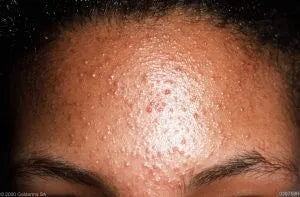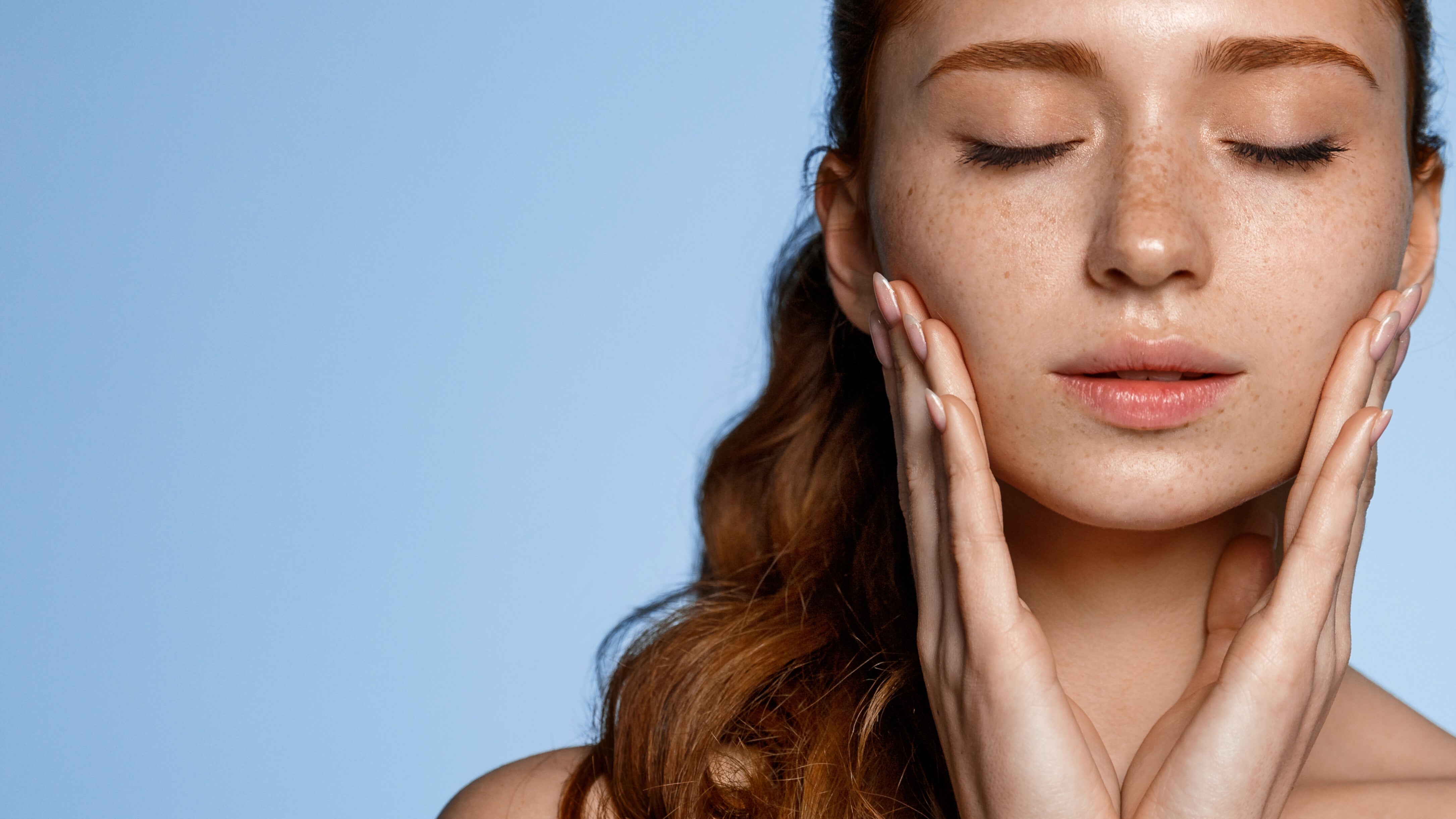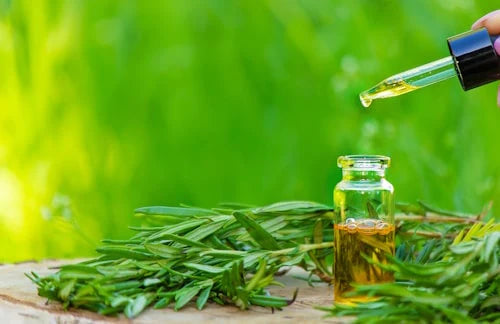
Understanding Fungal Acne Causes
Acne is a common skin woe, but not all acne is created equal. If you've been dealing with tiny, itchy bumps on your skin that don't seem to respond to traditional acne treatments, you might be facing a different adversary: fungal acne. We'll delve into the primary causes of fungal acne, how diet plays a role, and how to distinguish it from other forms of acne.
What is the Main Cause of Fungal Acne?
The primary cause of fungal acne lies in the overgrowth of a yeast called Malassezia. This yeast is a natural part of the skin's microbiome, but an overabundance can lead to various skin issues, including fungal acne. Malassezia thrives in warm, humid environments, making areas like the chest, back, and shoulders common sites for fungal acne breakouts.
When Malassezia overgrows, it can infiltrate hair follicles, leading to inflammation and the characteristic tiny, itchy bumps associated with fungal acne. These bumps can be mistaken for traditional acne, but they don't typically have the typical blackheads or whiteheads.
What Foods Cause Fungal Acne?
While the primary cause of fungal acne is related to an overgrowth of Malassezia, certain dietary factors can exacerbate the condition:
- High-Glycemic Foods: Foods with a high glycemic index, such as sugary snacks, white bread, and sugary beverages, can lead to elevated blood sugar levels. This can create an environment that promotes the growth of Malassezia.
- Dairy Products: Some studies suggest a link between dairy consumption and skin issues, including acne. It's believed that certain components in dairy may contribute to skin inflammation, potentially worsening fungal acne.
- Processed Foods: Highly processed foods, which often contain artificial additives and preservatives, can disrupt the balance of beneficial bacteria on the skin, potentially allowing Malassezia to thrive.
While it's important to be mindful of these potential aggravators, it's crucial to remember that individual responses to foods can vary. Some individuals may find that certain dietary adjustments help manage their fungal acne, while others may not experience significant improvements.
How Do You Know If Your Acne Is Fungal?
Distinguishing fungal acne from other types of acne can be challenging since the symptoms often overlap. However, some key indicators of fungal acne include:
- Tiny Bumps: Fungal acne typically appears as small, uniform, itchy bumps without blackheads or whiteheads.
- Uniform Distribution: These bumps are usually evenly distributed, often on the chest, back, and shoulders.
- Itching: Fungal acne is notorious for causing intense itching.
- Response to Antifungals: If your symptoms improve after using antifungal products, it's a strong indicator that you're dealing with fungal acne.
Taking a Gentle Approach to Natural Fungal Acne Treatment
Fungal acne, though often effectively managed with prescription medications, also finds a place in the realm of natural remedies—a preference for many individuals seeking a milder or complementary path to address this skin condition. It's important to acknowledge that while these natural approaches can be beneficial, their effectiveness may vary compared to medical interventions.
Here, are some natural strategies worth exploring:
- Tea tree oil is a natural hero in the fight against fungal acne. Renowned for its inherent antifungal and antibacterial properties.
- Apple cider vinegar is celebrated for its antifungal prowess and serves as a potential regulator of Malassezia yeast growth.
- Aloe vera is recognized for its soothing and anti-inflammatory properties and provides a comforting respite from inflammation and discomfort.
- Coconut oil, known for its natural moisturizing properties and antifungal potential, is embraced by some individuals.
- A balanced and pH-appropriate cleanser serves as the foundation of natural fungal acne treatment. It is essential for maintaining clean, healthy skin. By steering clear of harsh or abrasive cleansers, you can prevent skin irritation.
- Probiotics, a balanced microbiome has the potential to discourage fungal overgrowth and promote a harmonious complexion.
- By reducing the consumption of sugary and high-glycemic foods, you can contribute to a balanced diet that supports overall skin health.
- Stress, a well-known contributor to skin conditions like fungal acne, can be mitigated through stress-reduction techniques.
- Ensuring you stay dry and cool is key to minimizing the factors that exacerbate fungal acne, such as sweating and high humidity.
Incorporating these natural approaches into your skincare routine offers a gentle yet effective means of addressing fungal acne.
What to Do Next? Try Averr Aglow’s Clear Skin Kit
Tired of feeling lost and confused about what you should do to get clear, smooth skin? Order the Clear Skin Kit.
The Clear Skin Kit contains products specially crafted with the perfect blend of natural ingredients that help soothe and calm red, irritated skin while also clearing up breakouts. If you struggle with sensitive acne/breakout-prone skin, hormonal acne, cystic acne, or rosacea, then you’ll be happy you found this complete routine.
Please understand, that results may vary, we’re not selling you a miracle product and would never try to position or state that you will get a true result in only a few days. In our clinical trials, most users found the most results at the 30-day and then the 56-day mark by sticking with our routine.
What is Averr Aglow®?
Averr means Truth. We have pioneered a revolutionary no-rinse cleansing routine specifically tailored to address problematic skin issues.
Hi, I’m Camille, founder of Averr Aglow, and I help adult women who are battling breakouts and acne get clear skin results like they have never seen before, even if nothing has worked for them in the past.
After battling breakouts for over 16 years, trying every skincare product under the sun, and visiting countless professionals like dermatologists, nutritionists, and hormonal doctors, I finally learned why nothing seemed to work on clearing up my skin, what truly causes breakouts and acne, and EXACTLY what to do to get clear skin results – and I want to help you do the same.
Let me help you! Read my full testimonial here.






